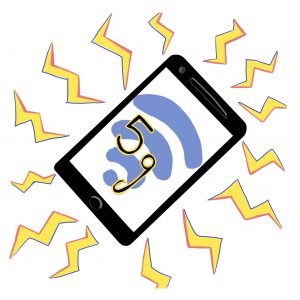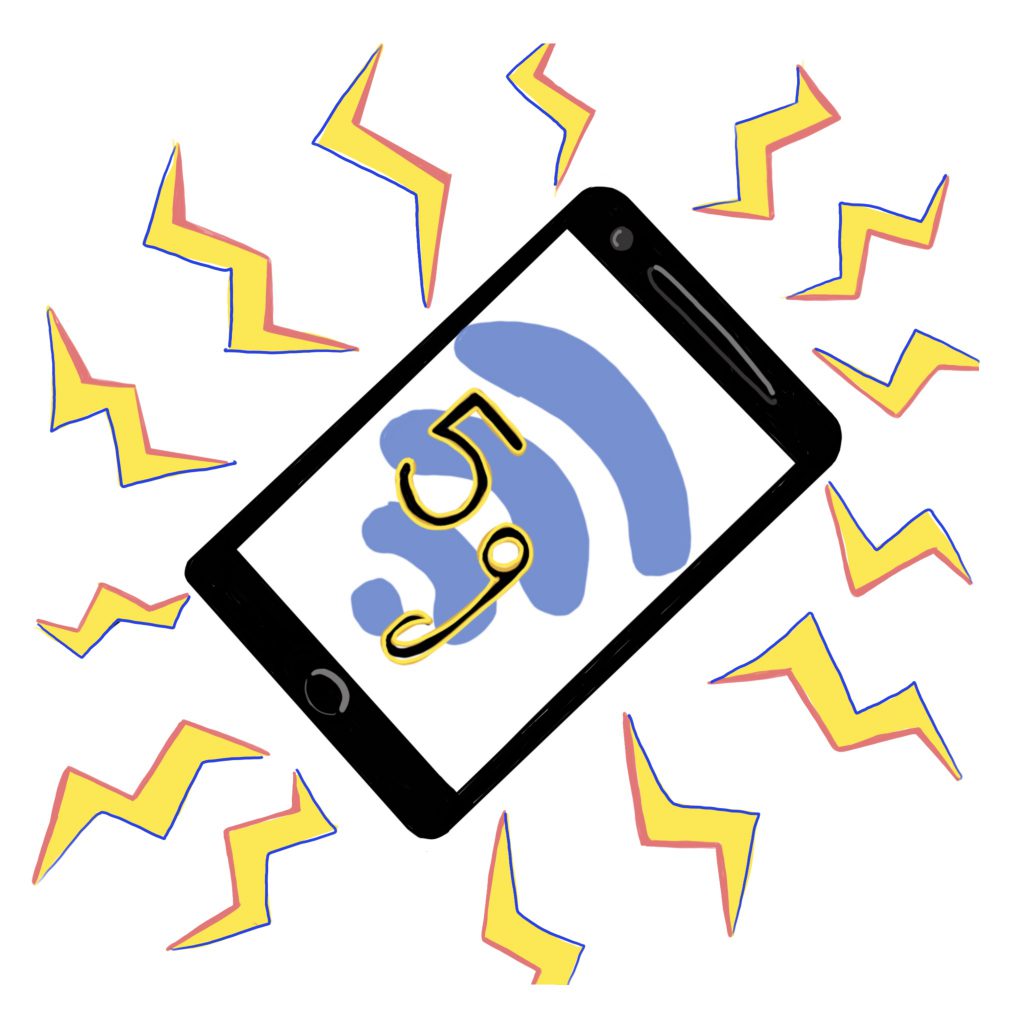Does The Technological Advances Of 5G Outweigh The Possible Negatives

Technology has made impressive advances in recent years. In 2016, the world was introduced to Sophia, not the first AI but one of the most advanced ones we’ve known. In the 21st century, we have robot slaves that do everything we command when we say it, like Alexa and Siri.
These advances have dramatically changed the way we gather information. Everything is just a touch away on our smartphones. It has also changed the way we communicate. Social media, texting, and messaging apps have made it possible for us to carry everyone we talk to in our pockets. It’s also influenced our health. There are apps that allow the user to keep track of their health and activity levels, but technology has also reduced our activity levels. Children as young as toddlers know how to use iPads better than some middle-aged adults I’ve met.
Consequently, you can’t deny the aggressive technological progress that is to come. But is it all good?
In the age of the cell phone, we’ve been introduced to various types of internet service. 1G brought us the very first cell phones, 2G let us text for the first time, 3G brought internet to our phones, and 4G is the speed that we all enjoy today. Now, we are being introduced to 5G, the purpose of which is to provide faster and higher capacity services in order to transmit the massive amount of data that will be generated for the Internet of Things (IOT).
IOT, as it is being branded, is a vision of everything we know today being connected to the internet, including machines, appliances, and devices which include artificial intelligence, augmented reality, virtual reality, and robots. 5G is being created keeping the needs of machines in mind. IOT products include driverless cars, cameras, surveillance systems, and even “smart condoms.”
Our smartphones and other devices use specific frequencies in the radio frequency spectrum. As more people come into these frequencies with their devices, the frequencies get more crowded. With more devices coming along, service is expected to be slower, but with small cell networks, we would be receiving more low powered base stations to expand 5G. This would allow us to constantly maintain connection. Unlike 4G base stations, which broadcast information in every direction simultaneously, 5G base stations would allow a focused stream of data to be sent to a specific user so that the stations can handle more input and output of information. Signals are constantly being released and received all around us, which is exactly what worries many people.
Many worry that, with so many frequencies, we will become more susceptible to radiation. With each tiny cell tower that would be propped up for the sake of 5G, more bursts of radiofrequency radiation (RFR) would be released. Many worries of RFR health effects include DNA single and double strand breakage, oxidative damage, disruption of cell metabolism, increased blood-brain permeability, melatonin reduction, and the generation of stress proteins.
Although there isn’t sufficient evidence to support these worries, there also isn’t enough evidence to disprove them.
The argument is that this radiation will affect us just like cigarettes did when they were thought to be harmless. The crucial question asked is how much accumulated energy is too dangerous. But we don’t have an answer yet. The effects of RFR on humans are still vastly arguable. There have, however, been tests on animals. The U.S. National Toxicology Program noted that rats exposed to radiation for nine hours a day over a two year period developed rare forms of tumors in the brain, as well as heart and DNA damage.
There still isn’t a reason to panic, but the release of 5G could have serious implications on human health as we know it.



